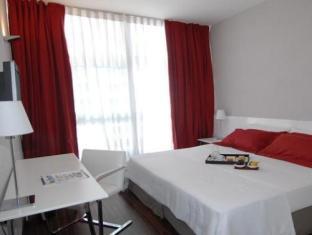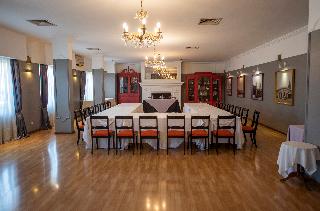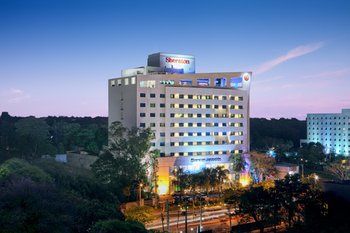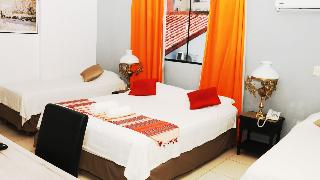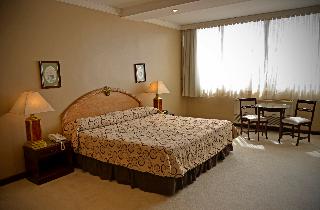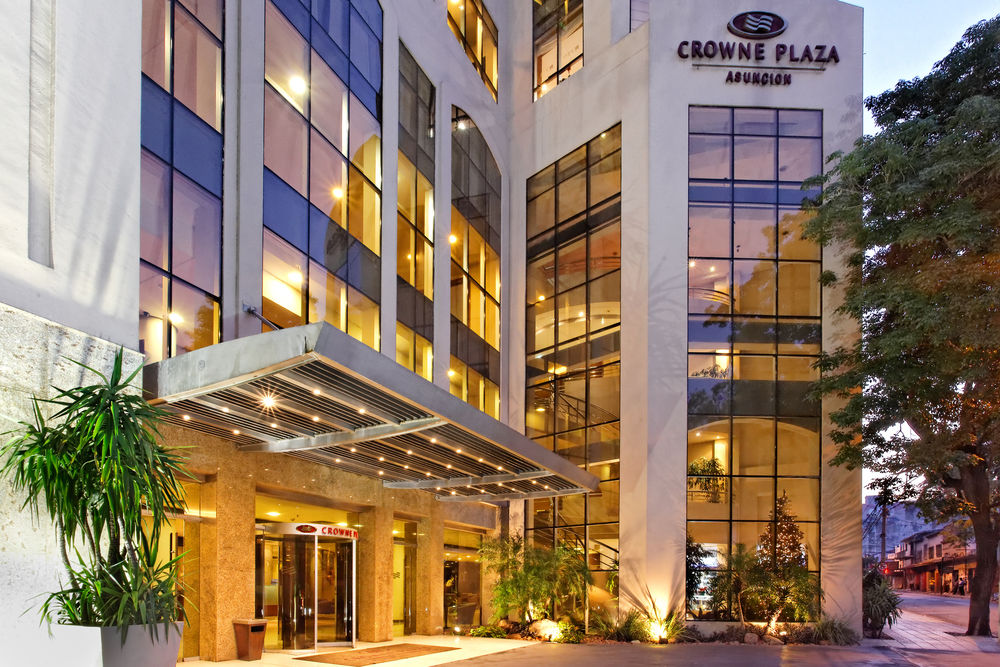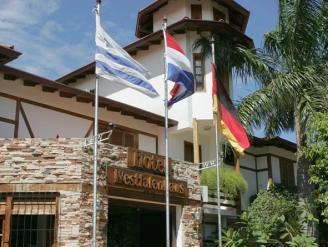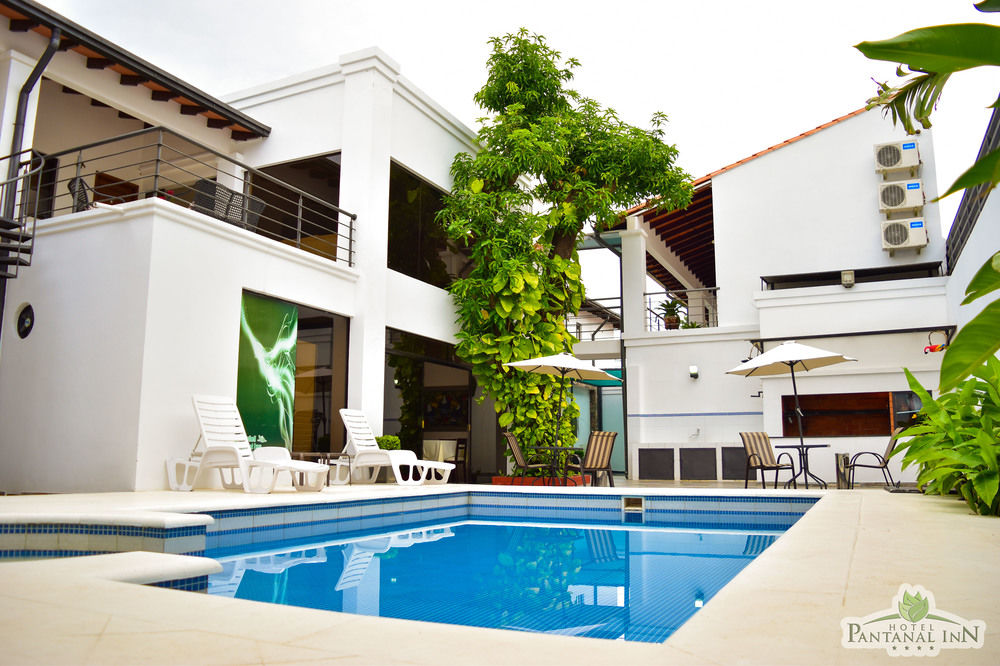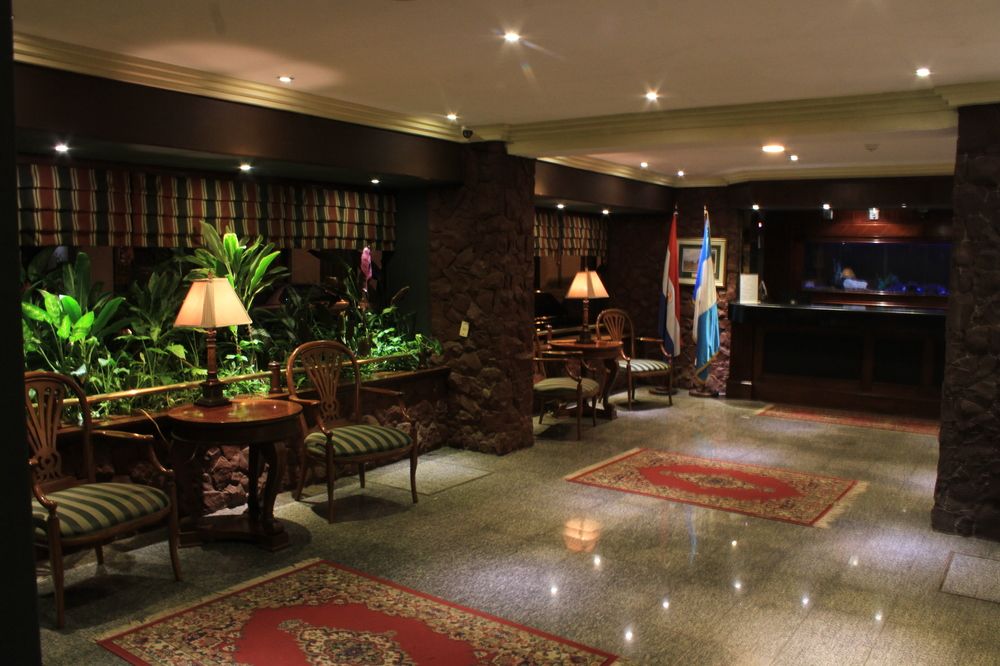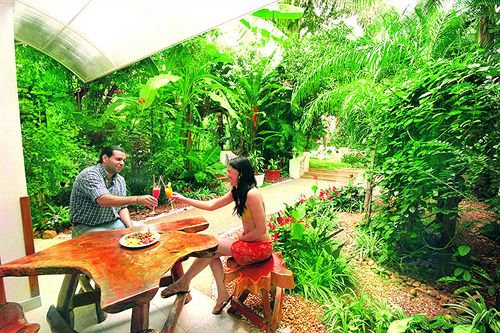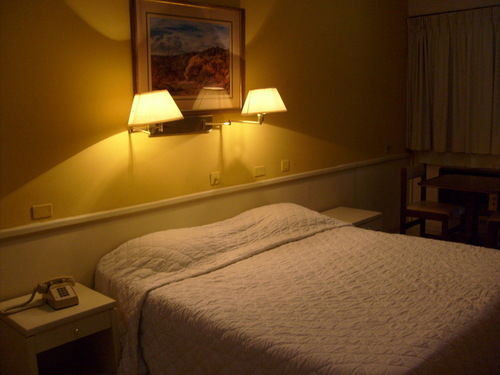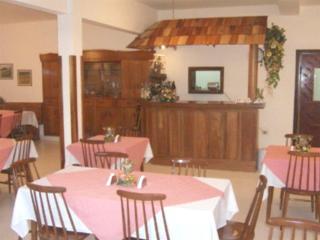
アスンシオンホテル検索結果
AIが見つけた軒のホテルの最安値をご覧ください。
ベストホテル
最安値のホテル
ホテル等級
AIおすすめ
アスンシオンベストホテル
アスンシオン 最低価格のホテル
最高評価のホテル
アスンシオンにある5つ星ホテル
アスンシオンにある4つ星ホテル
アスンシオンにある3つ星ホテル
AIがおすすめする世界の旅行先
アスンシオン近くのホテル情報
アスンシオン 旅行に欠かせない情報
Asunción (Spanish pronunciation: [asunˈsjon]) is the capital and largest city of Paraguay.
The city is located on the left bank of the Paraguay River, almost at the confluence of this river with the River Pilcomayo, on the South American continent. The Paraguay River and the Bay of Asunción in the northwest separate the city from the Occidental Region of Paraguay and Argentina in the south part of the city. The rest of the city is surrounded by the Central Department.
The city is an autonomous capital district, not a part of any department. The metropolitan area, called Gran Asunción, includes the cities of San Lorenzo, Fernando de la Mora, Lambaré, Luque, Mariano Roque Alonso, Ñemby, San Antonio, Limpio, Capiatá and Villa Elisa, which are part of the Central Department. The Asunción metropolitan area has around two million inhabitants. The Municipality of Asunción is listed on the Asunción Stock Exchange, as BVPASA: MUA.
Asunción is one of the oldest cities in South America and the longest continually inhabited area in the Río de la Plata Basin; for this reason it is known as "the Mother of Cities". From Asunción the colonial expeditions departed to found other cities, including the second foundation of Buenos Aires and other important cities such as Villarrica, Corrientes, Santa Fe and Santa Cruz de la Sierra.
Asunción is considered a 'gamma city' by the study GaWC5. It is the home of the national government, principal port, and the chief industrial and cultural center of the country. Near Asunción are the headquarters of the CONMEBOL, the continental governing body of association football in South America. Asunción is said to be one of the cheapest cities in the world for foreign visitors.
 時間 UTC-04
時間 UTC-04 通貨 PYG
通貨 PYG 言語 Spanish, Guaraní
言語 Spanish, GuaraníStaypiaだけの特別な特典
リアルタイムホテル最安値比較
AIが見つけたin アスンシオンの軒のホテルのリアルタイム最安値を簡単に比較検索できます。
316万軒のホテルを最安値で予約
最低価格に最大31%追加メンバーシップ割引でさらにお得にご予約いただけます。
自分だけの
AIがリアルタイムで更新するアスンシオン旅行情報で便利に旅行を準備しましょう。
よくある質問
アスンシオンで最も人気のあるホテルは Dazzler by Wyndham Asuncion, Hotel Guarani Asuncion, La Mision Hotel Boutique です。
アスンシオンで最も人気のある5つ星ホテルはHotel Guarani Asuncion, La Mision Hotel Boutique, Esplendor by Wyndham Asuncionです。 アスンシオン 評価順にホテルを見る
一般的なホテルの場合、客室予約はキャンセル締切日前まで無料返金が可能です。キャンセル締切日以降は手数料が発生する場合がありますので、ホテルバウチャーまたはメニュー>マイ予約でキャンセル締切日をご確認ください。
ステピアでは、AIが収集した316万件のホテルの最安値はもちろん、会員限定の追加割引価格で人気ホテルを予約することができます。
